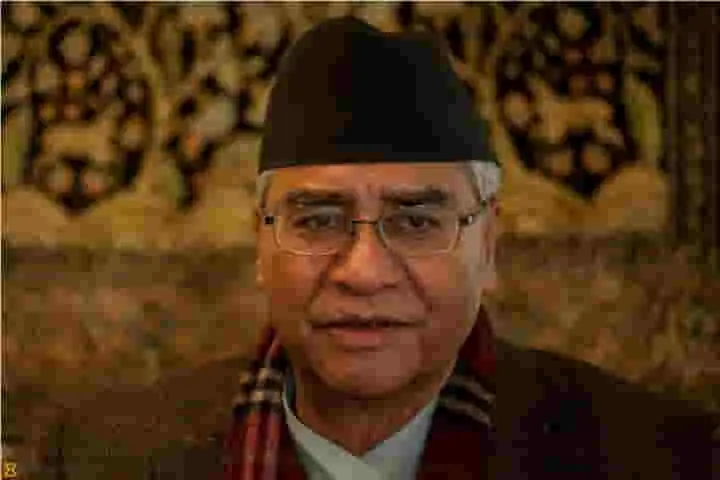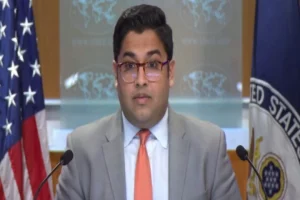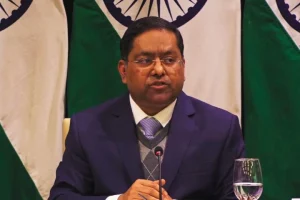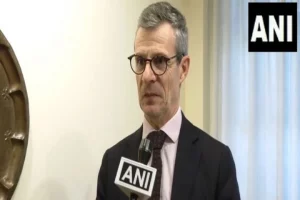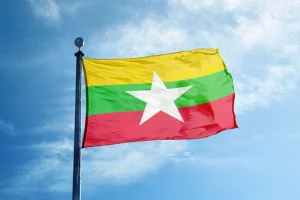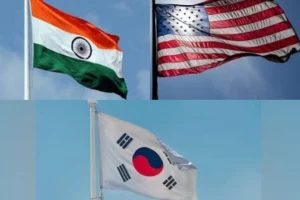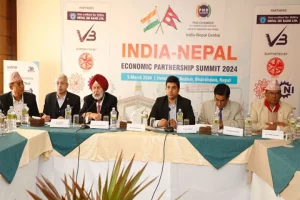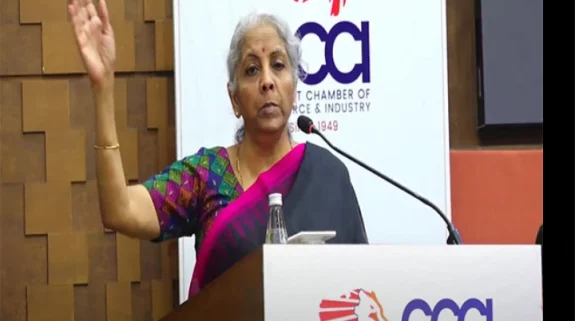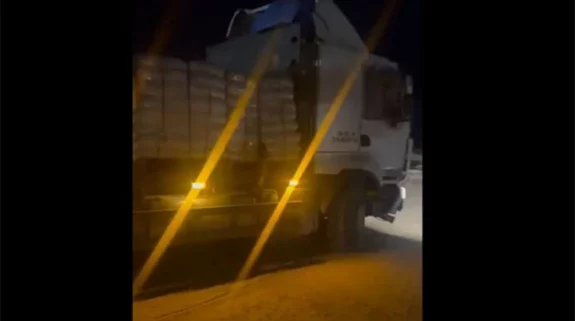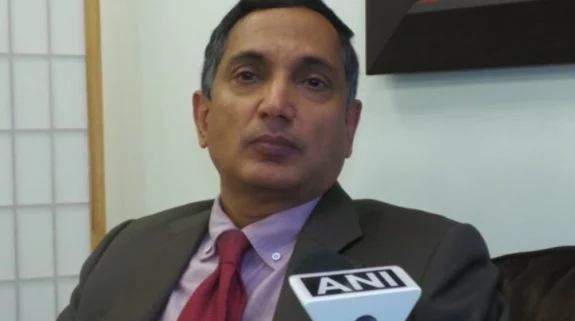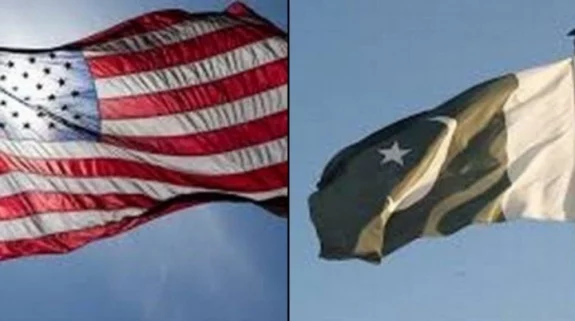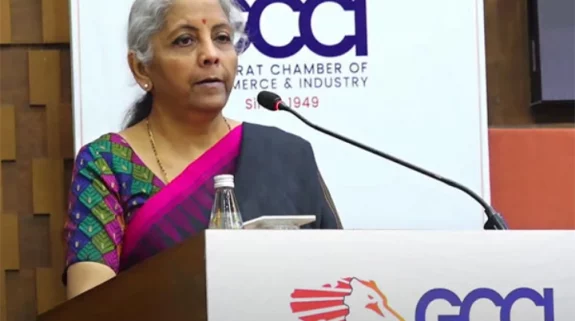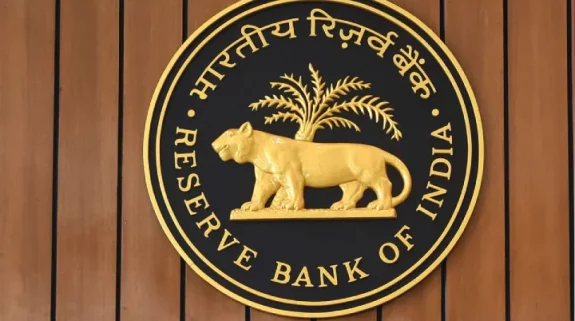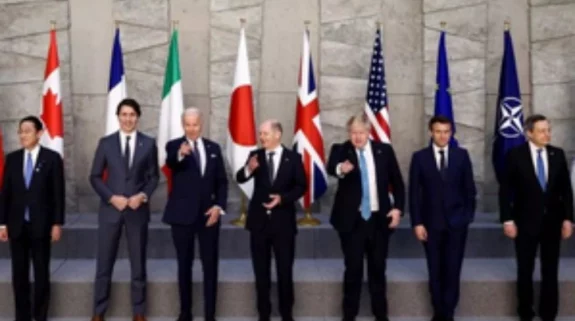India, along with other South Asian countries are keenly awaiting the formation of a full government in Nepal. Even as New Delhi stepped up efforts to mend and even strengthen ties with the Himalayan nation, critical issues including that of regional connectivity, which has been in focus for some time now, can be taken up only after Nepal Prime Minister Sher Bahadur Deuba puts in place a full Cabinet.
Though Deuba has completed a month and a half in office, he is yet to expand his cabinet. Currently among the 21 ministries, only five have got “full shape.”
Recently, the Kathmandu Post noted that when it comes to Nepal’s foreign policy, what is missing is the government.
Also read: BBIN Quad must step up economic integration–think tank
“The Prime Minister must give full flesh to the government at the earliest in order also to ensure smooth and seamless functioning of the government. In the absence of that, not only does the integrity of Nepal stand to experience sustained levels of turbulence, the regional environment will also come under considerable strain,” Bhaskar Koirala, Director of the Nepal Institute of International and Strategic Studies told India Narrative.
South Block sources said that New Delhi has gone all out to ensure that bilateral relations between India and Nepal are back on track. The Narendra Modi administration has opened all tracks with Nepal to mend fractured relations.
However, until a full government is in place, talks and engagements are bound to remain fragmented.
The absence of a full government could dent the talks on boosting connectivity and trade in the Bangladesh-Bhutan-India-Nepal (BBIN) – a “quad” which should be the focus for the governments of this region amid the changing geopolitical situation.
Relations between the two neighbours had nosedived after the 80-km-long road connecting the Lipulekh pass with Dharchula in Uttarakhand was inaugurated. Nepal even came up with a new map which showed Lipulekh, Kalapani and Limpiyadhura as its own territories.
“Nepal is a very important partner for us, we have always had good relations with Nepal and all efforts will be made to ensure that ties are further strengthened. Not only has the government taken steps to boost engagements with Kathmandu but even from the level of the party, we have been holding talks and made attempts to ensure that good relations are maintained,” Gopal Krishna Agarwal, BJPs’ spokesperson said.
Also read: Have India and Nepal quietly started rechartering their bilateral ties?
Recently, Vijay Chauthaiwale, BJP’s chief of the foreign affairs department visited Kathmandu. He met all top leaders including Deuba.
The International Business Times—an American online publication noted that “the meetings yielded productive results as Nepali leaders said that the discussion figured around strengthening bilateral ties, improving the ties between the new government in Nepal and New Delhi, and possible areas of cooperation between Nepal and India in the future.”
Koirala added that Deuba’s India strategy should be clear and concise. “It should focus on cleaning up the clutter and confusion left behind by the previous administration. A very precise message should be sounded to not just India and the Indian leadership, but to his own constituency, that Nepal accords the highest priority to developing friendly and constructive relations with New Delhi. It must be emphasised that relations with India are unique for one simple reason, namely the more than 1800 kilometres open border,” he said.
However, further talks and engagements crucial at this juncture of geopolitics can happen only once the full government is in place and Deuba “must make use of his varied wisdom to steer the country through this rather uncertain period.”






